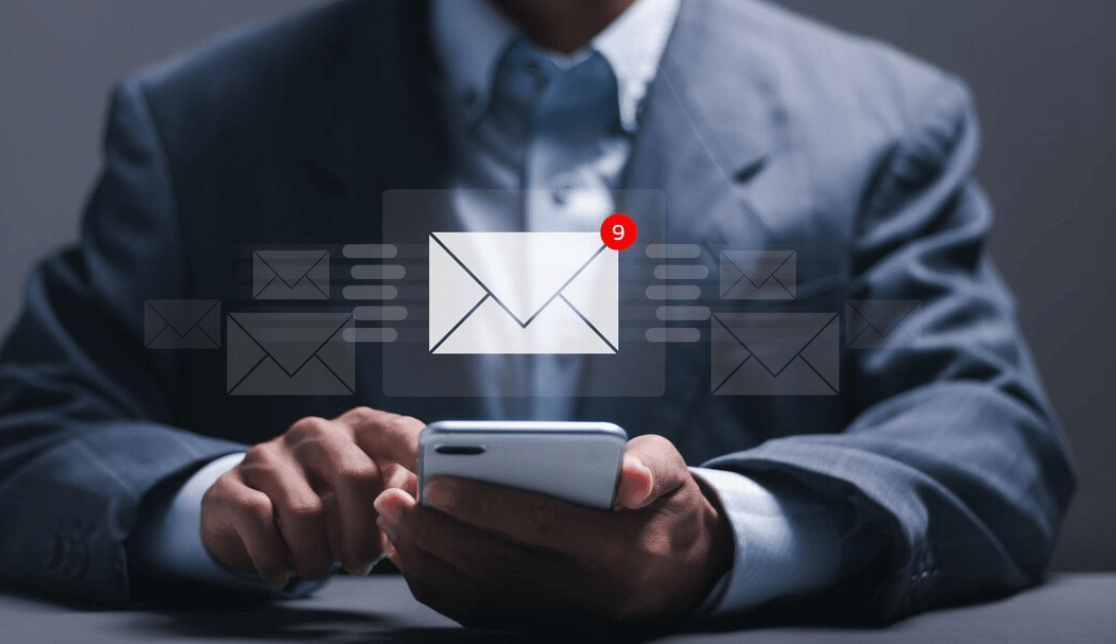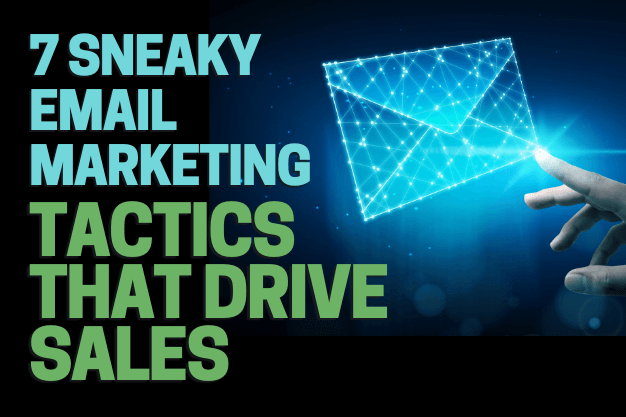Email marketing remains a powerful tool in the arsenal of any small business, providing a direct line to customers’ inboxes and a unique opportunity to build meaningful connections. More than just a means for transmitting information, the right email marketing strategies transform this channel into a vital mechanism for fostering lasting relationships and driving robust sales.
When executed thoughtfully, email campaigns do much more than push promotions; they engage customers with personalized interactions and content tailored to meet their needs and preferences. This approach not only enhances customer loyalty but also boosts the effectiveness of your sales efforts, turning every email sent into a potential profit generator. Here are seven sneaky email marketing tactics that can help you transform your standard outreach into a sales-generating machine.
1. Personalization Beyond Names:
Personalization is more than just an email greeting with your customer’s name. Advanced personalization involves tailoring the email content based on the recipient’s past behaviors and preferences. For example, if a customer frequently purchases products from a specific category, your emails can feature new arrivals or exclusive offers related to that category. Tools like Mailchimp and HubSpot make it easy to segment your audience based on their activity on your website and past purchase history, allowing you to craft messages that resonate deeply with each segment.
2. Trigger-Based Emails:
Trigger-based emails are automated messages that are sent in response to a specific action taken by a user. These can be incredibly effective because they are timely and relevant. For instance, sending a discount offer in an abandoned cart email can remind a shopper about what they’ve left behind and encourage them to complete the purchase. Similarly, a re-engagement email might be sent after a customer hasn’t made a purchase in a while, offering them a special discount to draw them back.
3. A/B Testing Every Campaign:
One of the most powerful ways to optimize your email marketing is through A/B testing. This involves sending two variants of your email to a small percentage of your total recipients to see which version performs better. You can test elements like subject lines, call to action buttons, or even different email layouts. Analyzing the results can give you insights into your audience’s preferences and help you refine your approach to increase open and click-through rates.
4. Optimize Sending Times:
The timing of your emails can significantly impact their effectiveness. Through analytics, you can determine when your audience is most likely to open and engage with your emails. Many email marketing platforms offer tools to automatically send emails at the optimal time for each subscriber. For instance, if your data shows that your audience tends to check their email mid-morning, you could schedule your emails to arrive just before this time to maximize visibility.

5. Segment Your Audience:
Audience segmentation is crucial for delivering targeted content to different groups within your market. This strategy involves dividing your email list into segments based on criteria like demographics, purchase history, or engagement level. For example, you might send a different email campaign to new subscribers than you would to long-time customers, each designed to appeal to their specific relationship with your brand.
6. Utilize the Power of the P.S.:
The postscript, or P.S., in an email often draws significant attention. It’s a perfect spot to include a last-minute offer, remind readers of a looming deadline, or tease a forthcoming product launch. Since many people naturally skim to the end of an email, placing important content in the P.S. can effectively catch the eye of those who might not read the full message.
7. Leverage User-Generated Content:
Incorporating user-generated content such as customer testimonials or user photos can significantly enhance the trustworthiness of your brand. For example, an email highlighting customer reviews and photos can demonstrate the value of your products in a way that resonates more authentically than traditional advertising. This not only promotes community but also encourages more customers to submit their content for a chance to be featured.

Honorable Mention: Interactive Emails:
Interactive emails incorporate elements that users can engage with directly within the email itself. This could include embedded videos, interactive polls, or sliders that users can manipulate to view different products or options. For instance, you could send an email that allows customers to rate their interest in upcoming products directly through a slider within the email, or include a video tutorial related to a product they recently purchased.
Example: A home decor retailer could send an email featuring an interactive gallery of their new collection. Customers could click arrows within the email to scroll through different products without having to leave their inbox. This engaging format can significantly increase the time users spend with your email, boosting engagement and leading to higher conversion rates.
Each of these tactics offers a unique advantage to refine your email marketing strategy and drive sales more effectively. Experiment with these approaches to find what works best for your audience and business model. Remember, the goal is to make your emails not only a tool for communication but a significant driver of your business’s growth and success.

